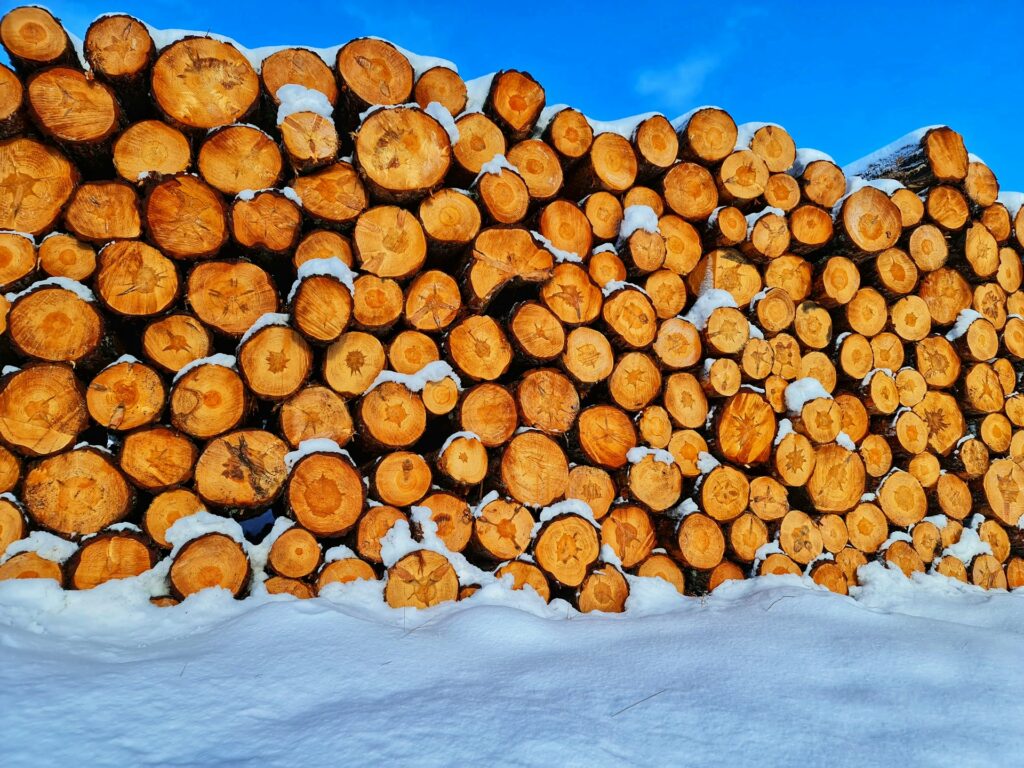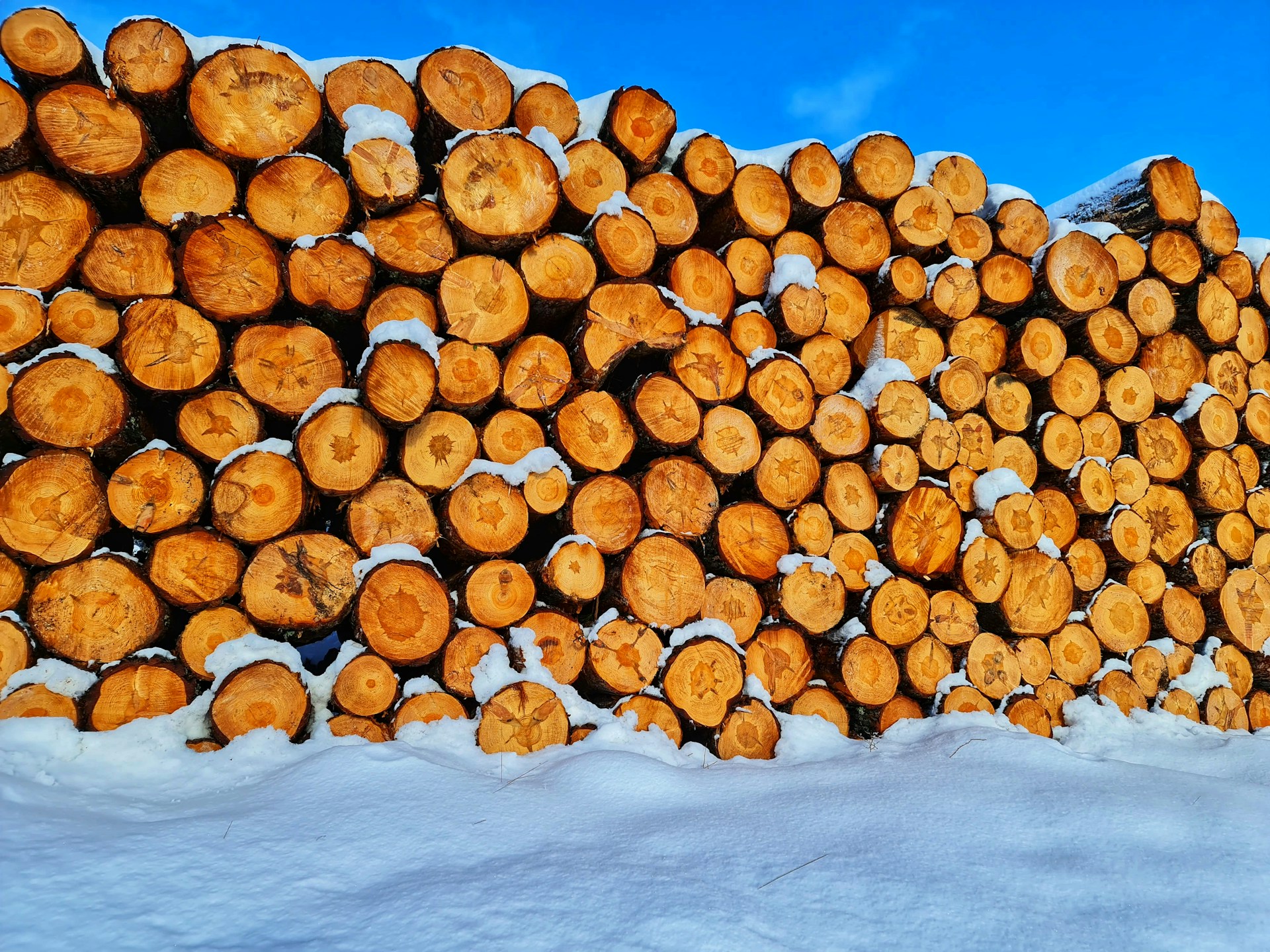Department of Physics and Astronomy
-

‘Loudest’ black hole ever detected, 10 years after Nobel-winning discovery
UBC researchers help detect the loudest black hole merger ever recorded, marking a decade since the first gravitational wave discovery and pushing the boundaries of astrophysics.
-
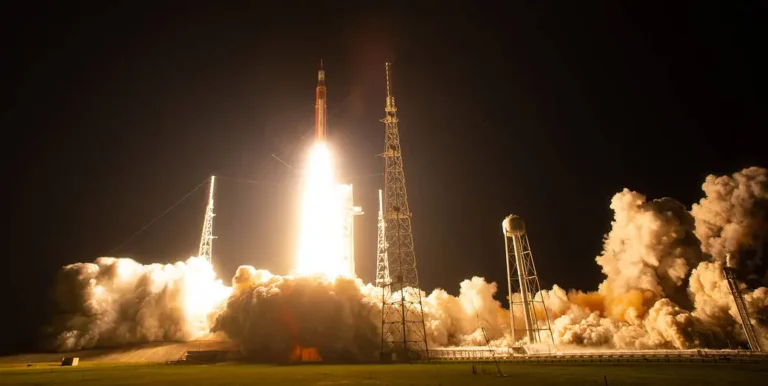
One in four chance per year that rocket junk will enter busy airspace
While the chance of debris hitting an aircraft is very low, the research highlights that the potential for uncontrolled space rocket junk to disrupt flights and create additional costs for airlines and passengers is not.
-

Will space stations have enough ‘lifeboats’ for tourists?
UBC researcher Dr. Aaron Boley discusses just how ready we are for space tourism.
-
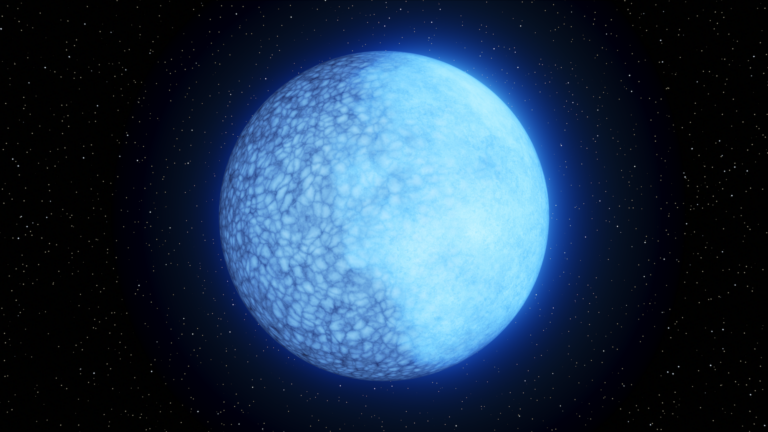
Star with two faces discovered thousands of light years from Earth
With one side composed fully of hydrogen and the other of helium, the star has been dubbed Janus after the two-faced Roman god of transition, and described in a new study published in Nature today.
-
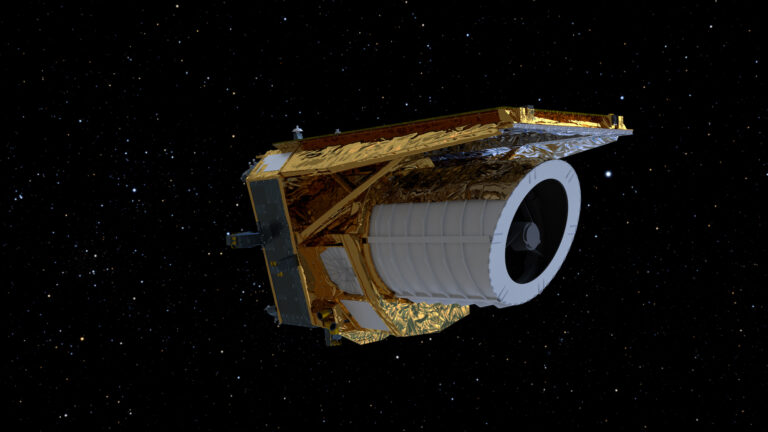
Canadian scientists celebrate launch of Euclid satellite
Mission will explore the evolution of the dark Universe.
-
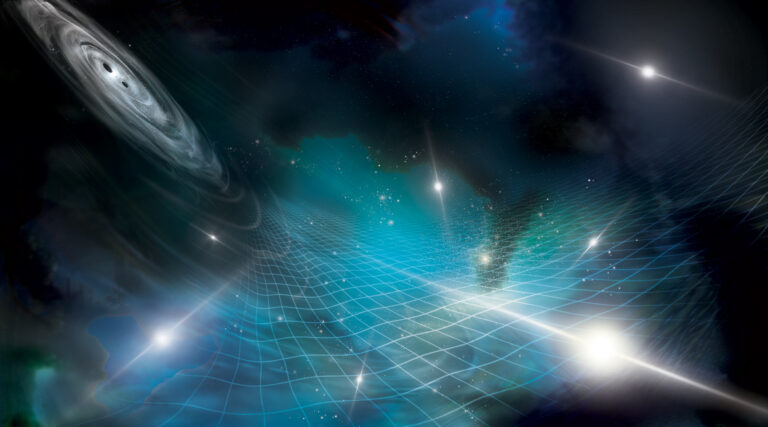
Changes in the tick of ‘cosmic clocks’ reveal gravitational waves
Using part of the Milky Way as an antenna, researchers have found evidence for gravitational waves that undulate over periods of years to decades by measuring changes in the tick of ‘cosmic clocks.'
-
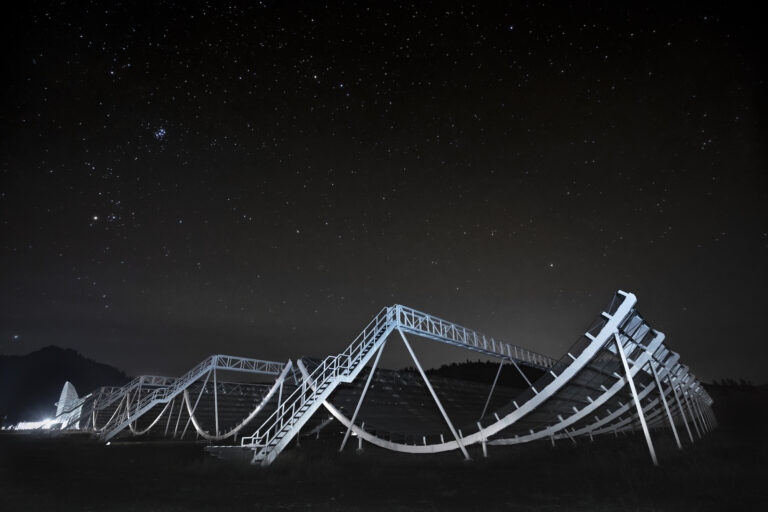
Astronomers double the number of repeating cosmic probes
A Canadian-led research team has doubled the number of repeating fast radio bursts, adding 25 new ‘cosmic probes’.
-

Time machines and black holes on the agenda at quantum gravity meeting
A theory of everything, that works at a cosmic and quantum level, has eluded researchers for years.
-
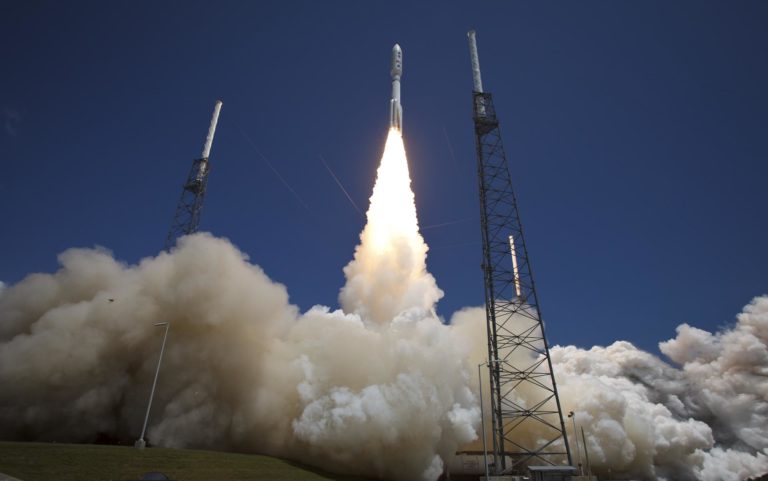
Space rocket junk could have deadly consequences unless governments act
The re-entry of abandoned stages of rockets left in orbit from space launches have a six to 10 per cent chance of severely injuring or killing a human being in the next decade, according to a new UBC study.
